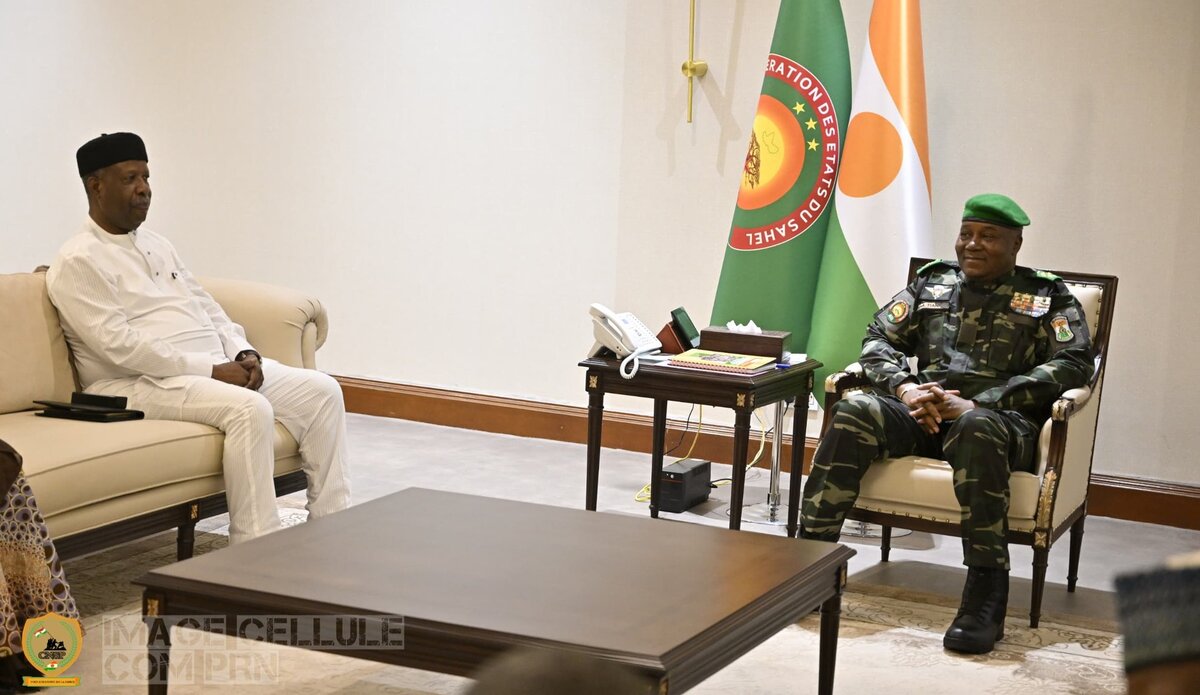Niger and UN Renew 65-Year Partnership
Niger and the UN mark 65 years of cooperation with a $220 m reform-based plan focused on governance, education, and climate adaptation. With reserves ≈4.1 months of imports, fiscal discipline could lift growth to 5% by 2027 if stability endures.

Niger and the United Nations have renewed their 65-year partnership with a reform-driven cooperation framework designed to stabilise governance, strengthen institutions, and accelerate recovery after the 2023 political transition. The joint declaration signed in Niamey sets out priority programmes in education, public administration, and climate adaptation—sectors viewed as anchors for restoring donor confidence and mobilising sustainable aid flows.
The new framework arrives at a critical juncture. Niger’s official reserves cover roughly 4.1 months of imports, leaving limited room to absorb external shocks. The CFA franc peg continues to ensure nominal stability but constrains monetary flexibility, forcing fiscal policy to carry the weight of adjustment. Agriculture, which contributes about 40% of GDP, remains highly exposed to climate volatility, with erratic rainfall and soil degradation threatening food security and rural incomes.
The UN has pledged US $220 million in programmatic support through 2027, contingent on governance and implementation benchmarks. Funds will prioritise local service delivery, climate-resilient infrastructure, and data systems for accountability. Economists interpret the partnership as a signal that Niger is re-entering the multilateral mainstream after a period of political isolation. If managed with fiscal discipline, the programme could lift annual GDP growth toward 5% by 2027, supported by improving agricultural productivity and renewed donor inflows.
Political stability remains the key variable. The credibility of fiscal management and the pace of institutional reform will determine how much of the pledged assistance materialises. Regional bond markets have welcomed the announcement, reading it as a de-risking signal for Niger’s future access to development and budget-support financing. Continued transparency in public accounts and adherence to reform targets could position Niger for stronger concessional lending terms and enhanced investor confidence.





